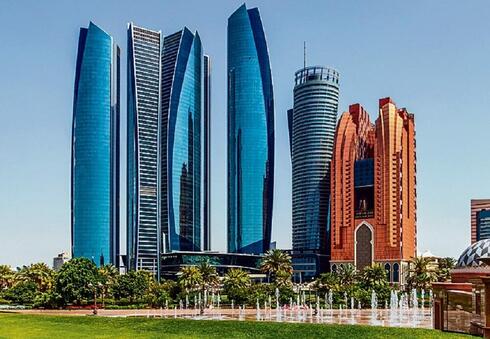The latest report to the United Nations Security Council warns that extremist groups linked to Islamic State and al-Qaida are intensifying their activities, particularly in Africa and Syria. In West and East Africa, groups such as Jama'at Nasr al-Islam wal-Muslimin and al-Shabab have expanded their territorial control and operational capabilities, including the use of drones and improvised explosive devices. The report also highlights growing concerns about foreign fighters returning to Central Asia and Afghanistan, potentially destabilizing those regions.
In Syria, the situation remains volatile following the ouster of President Bashar Assad, with thousands of foreign fighters involved in recent military operations. The new interim government has promised inclusive reforms, but doubts persist about its ability to deliver. The report notes that both extremist groups continue to pose significant threats beyond their immediate regions, with Islamic State maintaining its status as the most significant threat to Europe and the Americas, often radicalizing individuals online.
Financially, the takeover by Hayat Tahrir al-Sham in Syria has strained Islamic State resources, leading to reduced and irregular payments to fighters. Both groups continue to adapt their fundraising methods, using tactics such as local taxation, kidnapping for ransom, and increasingly sophisticated money transfer systems to evade detection.

 image sourced from original article at
image sourced from original article at 


